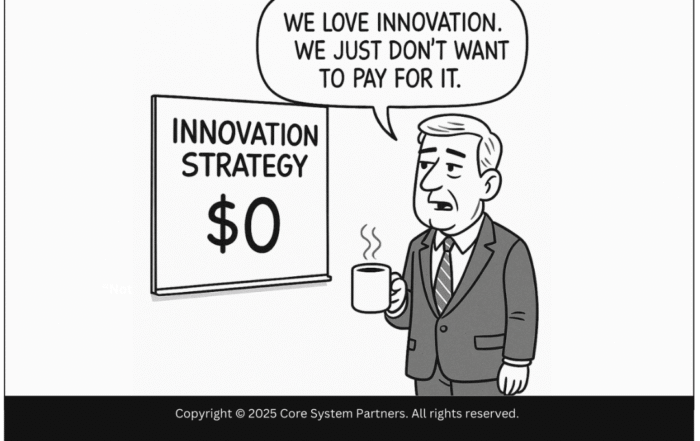
Exploring the challenges and strategic approaches to navigating regulatory landscapes in digital banking, emphasizing the importance of proactive compliance, risk management, and resilient infrastructure to thrive in a transformed financial sector.
In the era of digital banking transformation, financial institutions are faced with a double-edged sword. While the digital revolution has brought unprecedented convenience and efficiency, it has also introduced new risks and regulatory challenges. As banks embrace innovative technologies to enhance customer experience and operational efficiency, the question of compliance with regulations has become a top priority and a serious concern.
Digital Banking Transformation: A Double-Edged Sword
The digital revolution in banking has undoubtedly brought many benefits, such as AI-driven personalization, seamless online transactions, and more. However, it has also introduced new challenges, including changing threats in cybersecurity, data privacy concerns, and compliance with a myriad of regulations across different jurisdictions. Banks must navigate these regulatory landscapes strategically to ensure that their digital initiatives not only drive innovation but also adhere to compliance requirements.
Navigating Regulatory Landscapes: A Strategic Approach
To successfully navigate the regulatory challenges in digital banking, banks must adopt a strategic approach. Here are some key strategies:
1. Proactive Compliance: Banks should remain a step ahead of the regulatory curve by actively monitoring the latest developments in regulations and engaging with regulatory bodies regularly. By implementing a proactive compliance strategy, banks can anticipate and align with new requirements more effectively.
2. Risk Assessment and Management: Regular risk assessments should be conducted to identify potential vulnerabilities in the digital infrastructure. Strong risk management practices should be utilized for mitigation and assurance of compliance.
3. Investment in Technology: Investing in emerging, cutting-edge technologies such as RegTech solutions can aid the compliance process. These solutions can automatically carry out compliance functions, eliminating human errors, and offer real-time monitoring and reporting.
4. Cross-Functional Collaboration: Driving collaborative efforts across compliance, IT, and business units is essential for a holistic approach to regulatory challenges. It is critical to ensure synergy between digital initiatives and compliance requirements.
5. Training and Awareness: Periodic training and awareness programs should be conducted to educate the workforce on changes in regulations and best practices for compliance. An informed workforce serves as the first line of defense against compliance failures.
Building Resilient Banking Infrastructure
To meet the regulatory challenges effectively, banks must build not only compliant but also agile and adaptable infrastructure. This entails:
1. Scalable Systems: Implementing scalable technologies that can easily adopt and accommodate evolving regulatory requirements and business growth.
2. Strong Governance: Developing robust governance frameworks for ensuring data quality, integrity, and security.
3. Cybersecurity Measures: Investing in advanced cybersecurity measures to counter digital threats that may compromise data and infringe on data protection laws. Comprehensive disaster recovery and business continuity plans should be in place to ensure resiliency in case of disruptions.
Success in the Digital Future with
Confidence
Navigating regulatory challenges in the digital banking transformation requires strategic and holistic approaches. Proactive compliance, investment in technology, and building resilient infrastructures are the new norms for banks to confidently embark on the digital future. In this collective journey, maintaining a focus on regulatory compliance is crucial to ensuring sustainable and trustworthy banking ecosystems.
Found this article interesting? Check out these three related reads for more.
- Key business functions of robust core banking systems
- Future of digital banking AI, Blockchain, Cloud, and Cybersecurity trends
- Building operational resilience for banks in the digital age
#RegulatoryBanking #DigitalBankingCompliance





